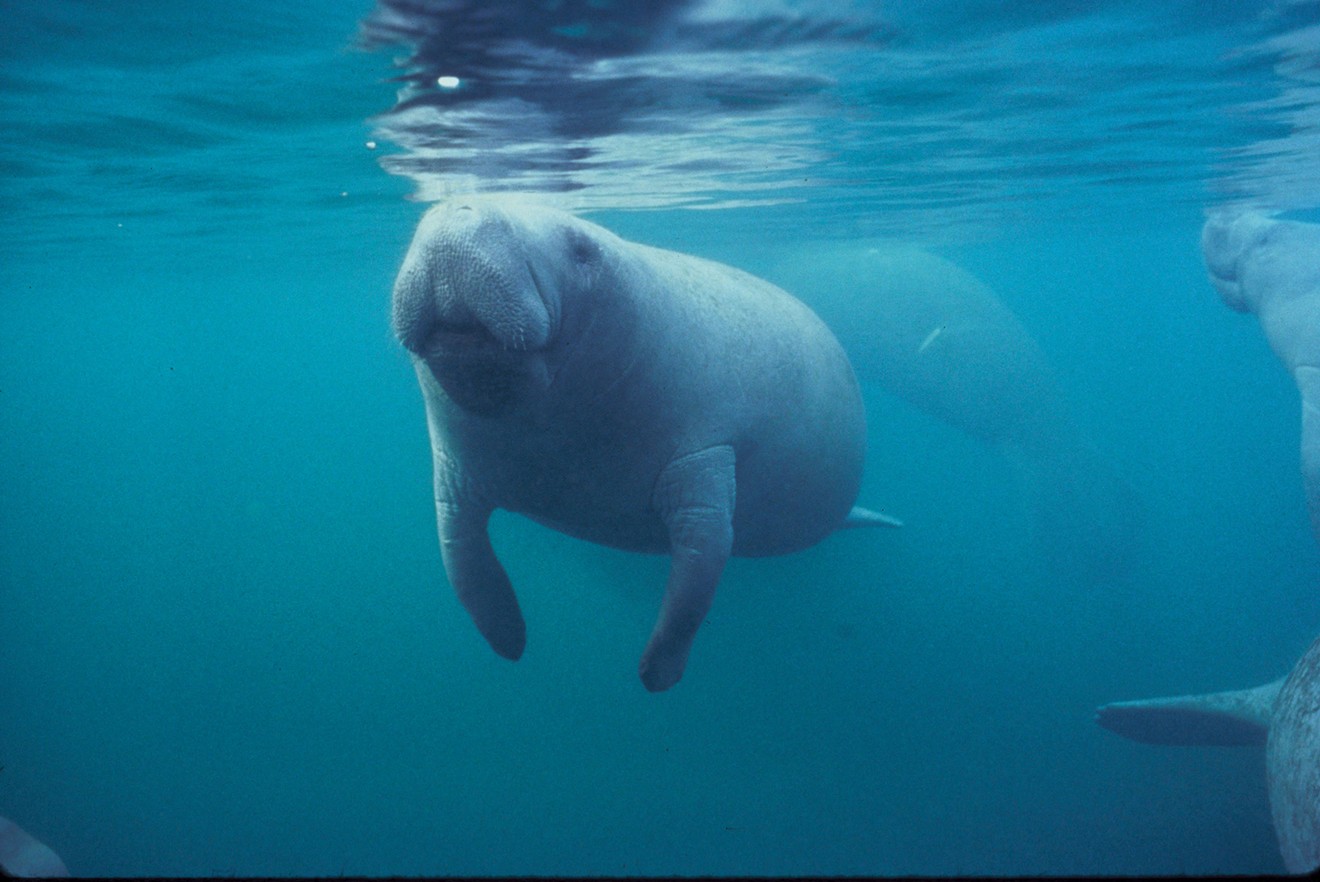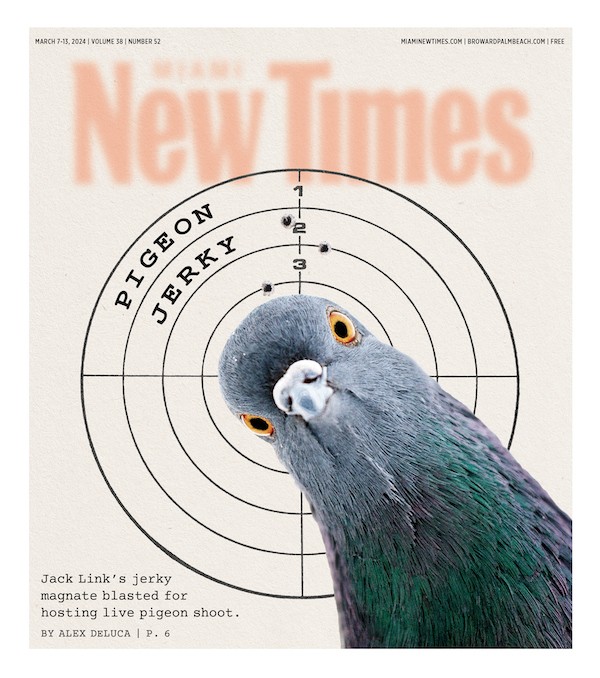The Florida manatee was one of the first animals to be listed as endangered under a landmark federal law aimed at safeguarding species on the verge of extinction.
Under the Endangered Species Act of 1973, the docile sea cows received the highest level of federal protection available.
But after their population grew in the decades since, the United States Fish and Wildlife Service (FWS) unanimously voted to remove Florida manatees from the list in 2017 — reclassifying them as "threatened" over the objection of environmentalists.
Now, following a historically deadly few years for the mammals, federal wildlife officials will consider whether to again list them as endangered.
On Wednesday, FWS announced that it would be taking an "in-depth" look into whether it should place Florida manatees back on the list. The review comes in response to a formal petition made by several environmental groups, including the Center for Biological Diversity, Miami Waterkeeper, and Save the Manatee Club, who together issued a press release applauding the decision.
"We are pleased that the Fish and Wildlife Service recognizes the need to re-evaluate its ill-timed decision to downlist the Florida manatee," said Patrick Rose, an aquatic biologist and executive director of Save the Manatee Club.
In 2021, more than 1,100 manatees perished in Florida, marking the deadliest year on record for the mammals.
The die-off of the iconic, thousand-pound sea cows was deemed an "unusual mortality event," a rare designation that demands immediate attention under the federal Marine Mammal Protection Act. The spike in deaths has been attributed to the drastic loss of their primary food source, seagrass. Growth of the underwater plants has been stymied thanks to pollution and algae that has clogged up parts of the Indian River Lagoon, where herds of manatees gather during winter.
Last year, in hopes of slowing down manatee fatalities, state and federal wildlife officials took the unusual step of buying 55 tons of lettuce and hand-feeding it to the mammals along Florida's eastern shore.
Although manatee deaths have shown signs of slowing in the past year, experts have emphasized that the species remains in peril.
"There are some real positives that we're looking at," Rose, who has spent nearly five decades working with manatees, previously told New Times. "But those positives are very small in comparison to the high risks that these manatees are facing."
When the FWS downlisted West Indian manatees, which include the Florida manatee subspecies, from "endangered" to "threatened" in 2017, federal officials assured the public that strict protections would remain in place for the animals. Additionally, under state law, it remained illegal to feed, disturb, or harass manatees.
The petitioning environmental groups nonetheless maintain that listing manatees as "endangered" is essential not only to ensure regulatory safeguards are strong, but to protect against erosion of manatee-conservation funding and public awareness of just how fragile the local manatee population is.
"Facing these dire circumstances, it is imperative that the West Indian manatee, Florida manatee, and Antillean manatee are afforded the maximum protective effect of the Endangered Species Act that only listing as 'endangered' can provide," the groups wrote in their petition.
In the press release, the environmental groups called FWS's decision "the first procedural step toward providing much greater protections for the imperiled species."
The next steps, according to the release, are to conduct a thorough review "of the best available science" before deciding whether to reclassify the species. A final decision is due on November 21.
"I applaud the Fish and Wildlife Service for taking the next step toward increased safeguards," said Ragan Whitlock, a Florida-based attorney at the Center for Biological Diversity. "Manatees need every ounce of protection they can get.”
Animals
Florida Manatees Could Return to Endangered Species List
In 2021, more than 1,100 manatees perished in Florida, marking the deadliest year on record for the mammals.

Florida's beloved manatee could soon return to the federal Endangered Species list.
Photo by U.S. Fish and Wildlife Service Southeast Region/Flickr
[
{
"name": "Editor Picks",
"component": "17482312",
"insertPoint": "4",
"requiredCountToDisplay": "1"
},{
"name": "Inline Links",
"component": "18711090",
"insertPoint": "8th",
"startingPoint": 8,
"requiredCountToDisplay": "7",
"maxInsertions": 25
},{
"name": "Air - MediumRectangle - Combo - Inline Content",
"component": "17482310",
"insertPoint": "8th",
"startingPoint": 8,
"requiredCountToDisplay": "7",
"maxInsertions": 25
},{
"name": "Inline Links",
"component": "18711090",
"insertPoint": "8th",
"startingPoint": 12,
"requiredCountToDisplay": "11",
"maxInsertions": 25
},{
"name": "Air - Leaderboard Tower - Combo - Inline Content",
"component": "17482313",
"insertPoint": "8th",
"startingPoint": 12,
"requiredCountToDisplay": "11",
"maxInsertions": 25
}
]








